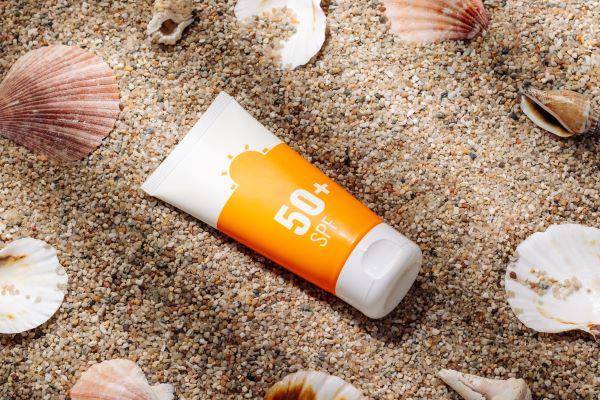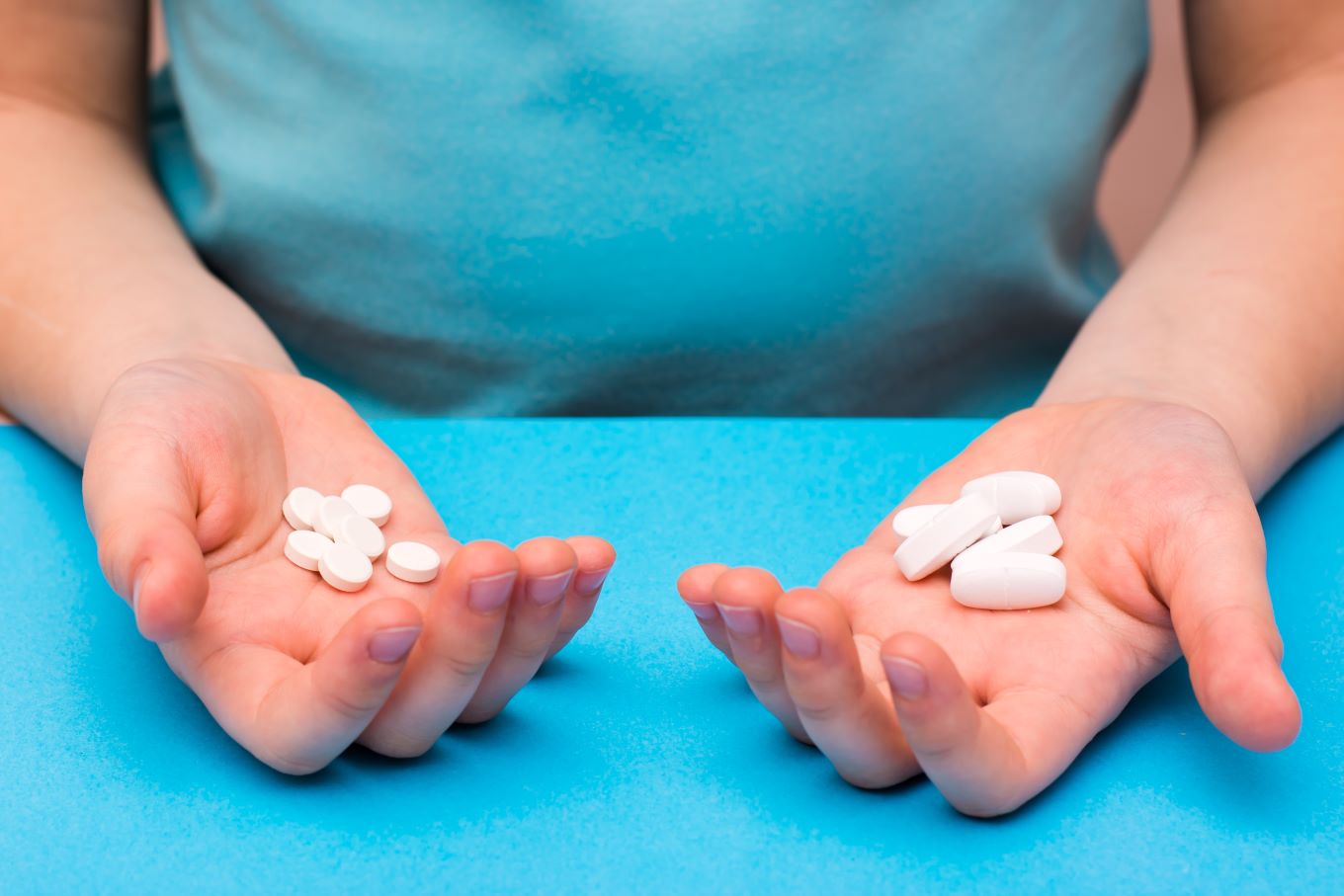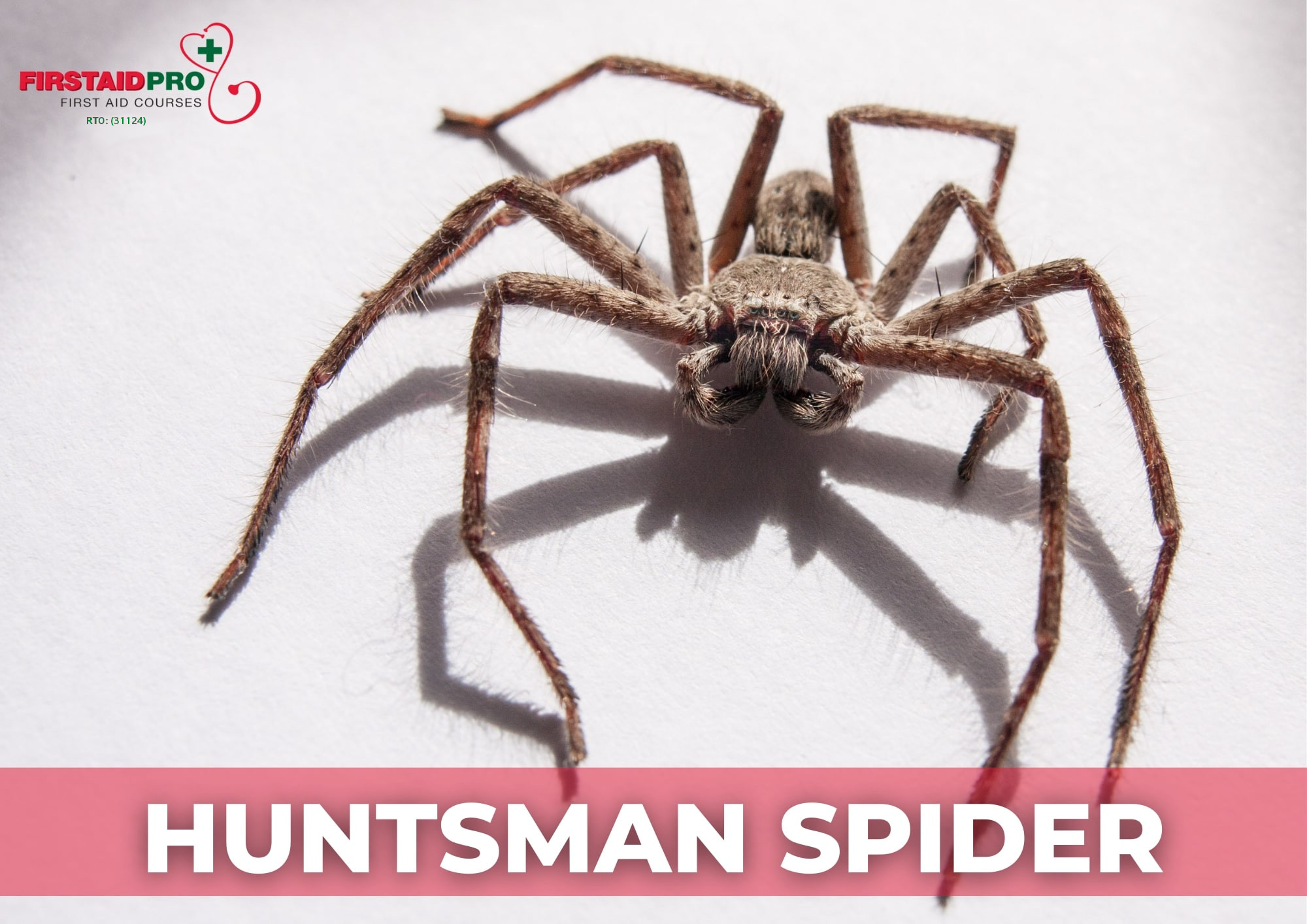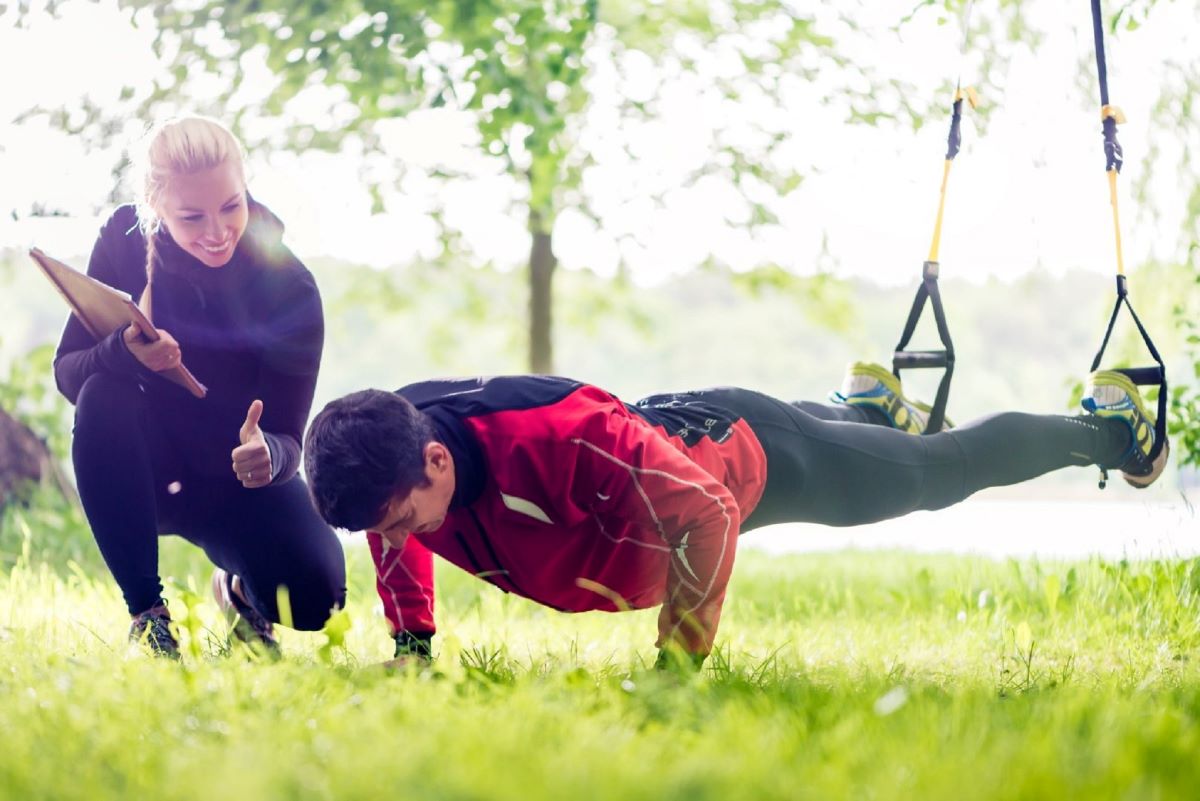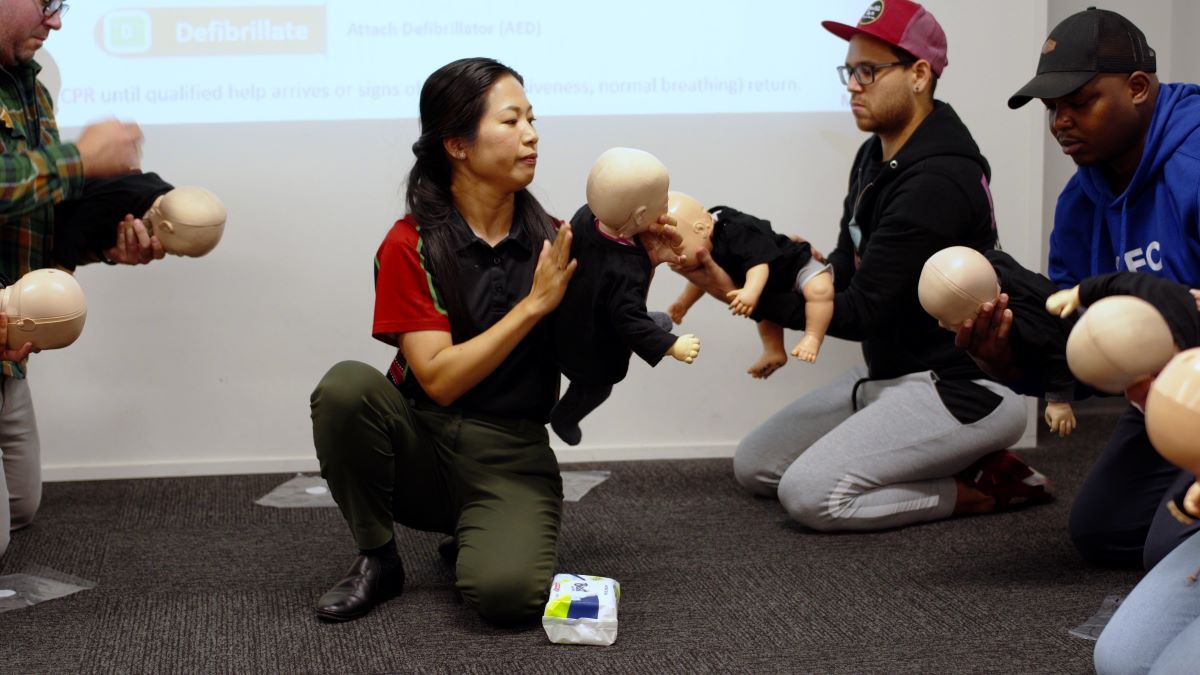Be prepared for emergencies by learning about the first aid situations that could affect you and your loved ones.
The Importance of First Aid
The importance of preparing for emergencies is universal. Illnesses, injuries, natural disasters, and other emergencies can happen to anyone regardless of age, gender, profession, or life status.
For this reason, it is a good (and safe) practice to learn first aid procedures. Having the knowledge and skills in various lifesaving techniques will ensure that you can quickly respond and intervene in case of an emergency.
Emergencies can happen anytime, anywhere, and we will never know when a situation will arise that will demand your quick thinking and first-aid know-how.
While natural disasters cannot always be avoided, there are other emergencies that we can prepare for.
5 Common First Aid Emergencies
Here are the top five first-aid emergencies you will likely face in your lifetime.
Heart attack
A heart attack happens when a part of the heart muscle does not receive enough blood supplies. This occurs when a blood clot blocks an artery supplying blood to the heart muscles.
Common symptoms of a heart attack are pain and discomfort in the chest area, shortness of breath, fainting, sweating, and pain in other areas of the body (stomach, neck, jaws, and shoulders).
The performance of first aid treatment within the first few minutes of the attack significantly increases the chances of survival. Help the person sit in a comfortable position. If at some point, they experience difficulty breathing or become unresponsive, CPR may be applied to double the chances of survival.
Burns
Burn injuries can be caused by heat or radiation, radioactivity, electricity, friction or contact with chemicals.
When this happens, immediately hold the injury under cold running water until the pain subsides. Do not pop blisters; cover them with a loose bandage, gauze, and tape.
Minor burns are treatable at home with first aid. But if the burns are on the face, hand, or genital or if the injury covers a large area of the body, seek medical help immediately.
Insect Bites/Sting
Insect bites and stings can hurt a lot, but it rarely brings complications for many people. However, a bite or sting can be deadly for people suffering from a severe allergic reaction.
Severe allergic reactions (Anaphylaxis) can develop at any time, which is why it’s important to watch for the warning signs. These include a weak and rapid pulse, a swollen tongue or throat, or constriction of the airways.
When this happens, call triple zero (000) immediately or get the person to the nearest hospital. While waiting for an ambulance to arrive, perform first aid using an EpiPen to prevent anaphylaxis.
Wash the affected area with soap and water and use a cold pack to help relieve the swelling. Use an allergy medication or antihistamine to reduce swelling and itchy feelings.
Bleeding Injuries
Severe bleeding injuries may result in symptoms of shock. Watch out for warning signs such as cold, clammy skin, weak pulse, and loss of consciousness – which can all indicate severe blood loss that can cause a person to go into shock.
The first step in first aid for this type of injury is the stop the bleeding. Apply pressure to the wound with a clean cloth or gauze while keeping it elevated. Clean the wound using soap and warm water and apply antibiotic ointment. Watch out for any signs of infection.
Heat-Related Illness
When the body gets too hot, you may experience heat exhaustion, eventually leading to something more serious (heat stroke). Common signs of heat exhaustion include excessive sweating, pale or cold skin, muscle cramps, dizziness, and confusion.
First aid for heat exhaustion starts by moving the person inside a cool room or into a shaded area. Have them lie down in a comfortable position and elevate the legs to help the blood reach the heat.
Remove any thick clothing and apply cool, damp towels to the skin. If available, give them a sip of iced water or electrolyte drinks. If the person becomes unconscious, has seizures, or still experiencing high body temperature despite these measures, call medical help immediately.
Get First Aid Training
The best way to prepare for emergencies is to get formal first-aid training.
During the course, you will learn various lifesaving skills, including CPR, the Heimlich maneuver, wound care, bleeding management, burn treatment, and more. Remember that in an emergency, quick actions can save lives.
Our team at First Aid Pro provides first aid and CPR courses that will teach you everything to be emergency-ready. To register for a class, visit our course page or contact us at courses@firstaidpro.com.au.


